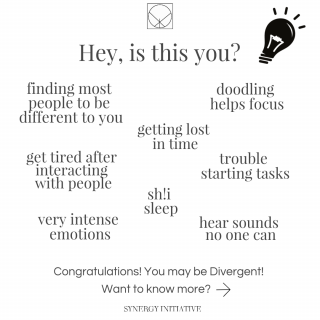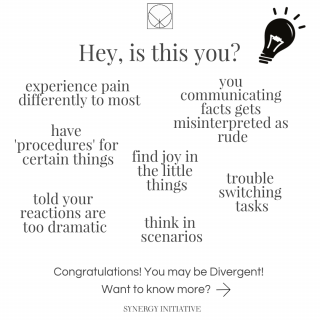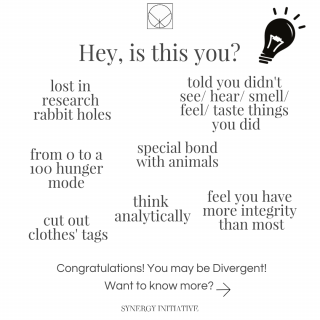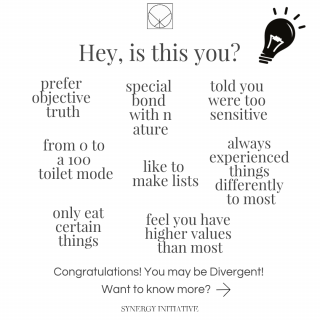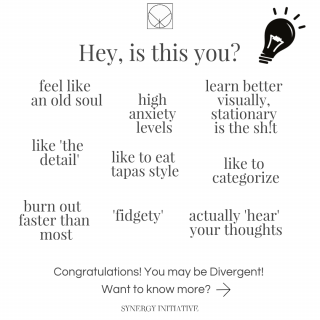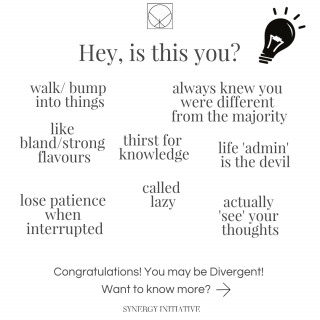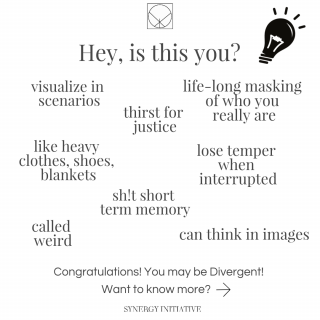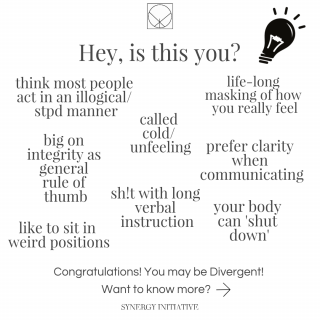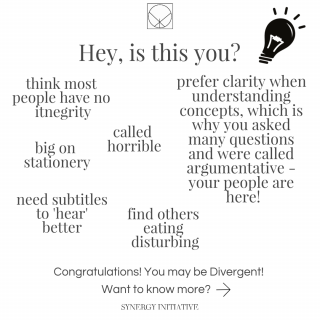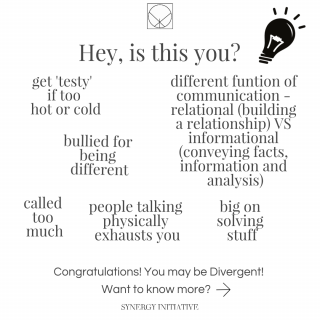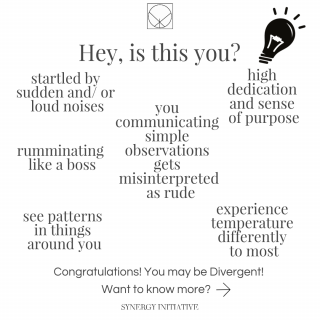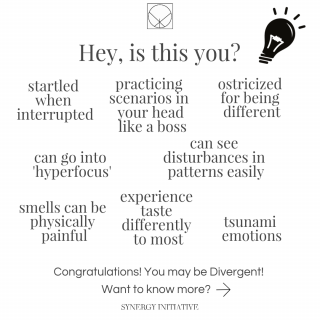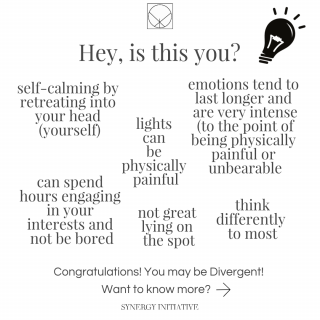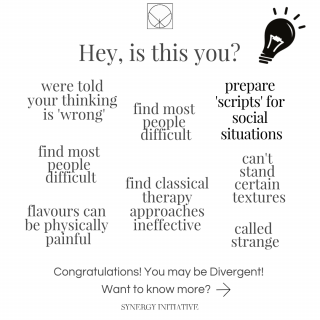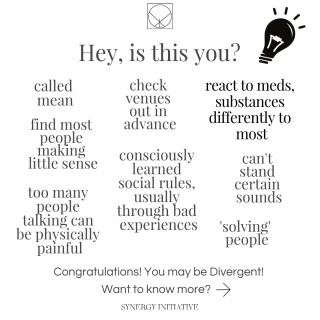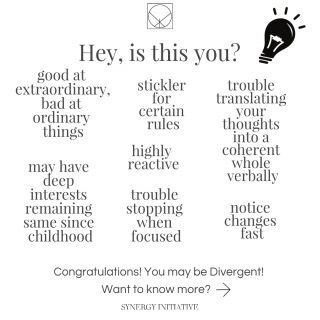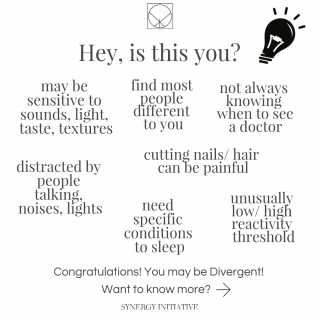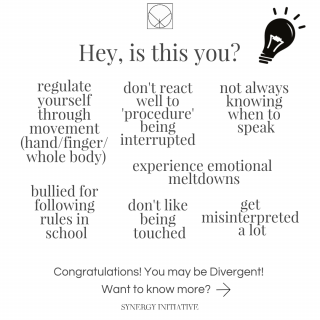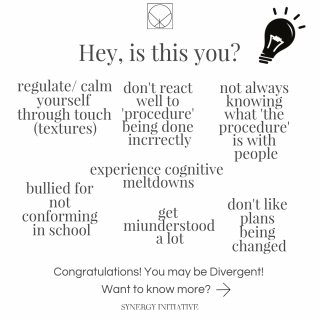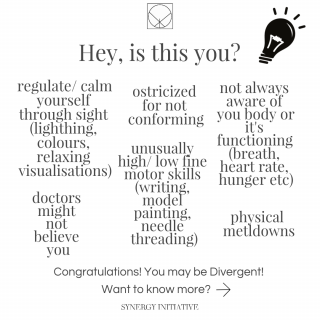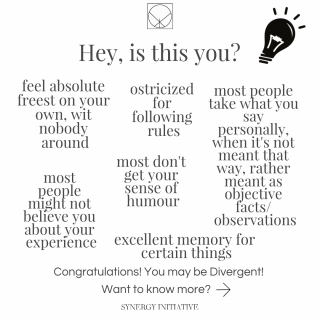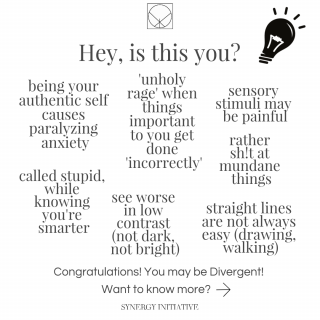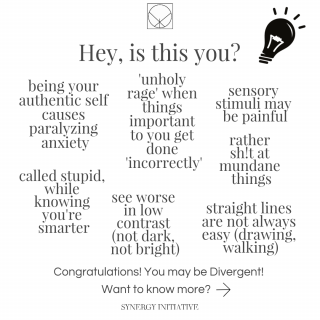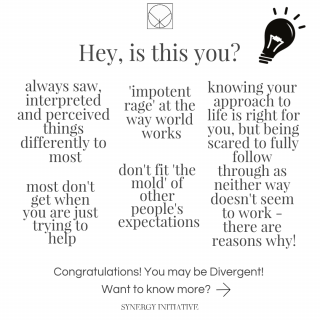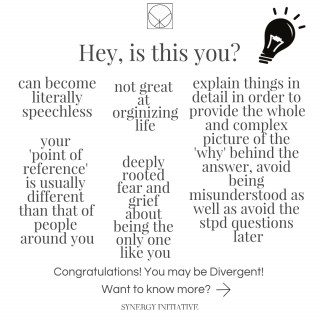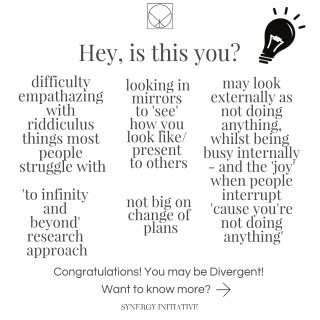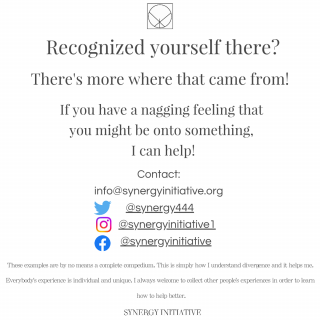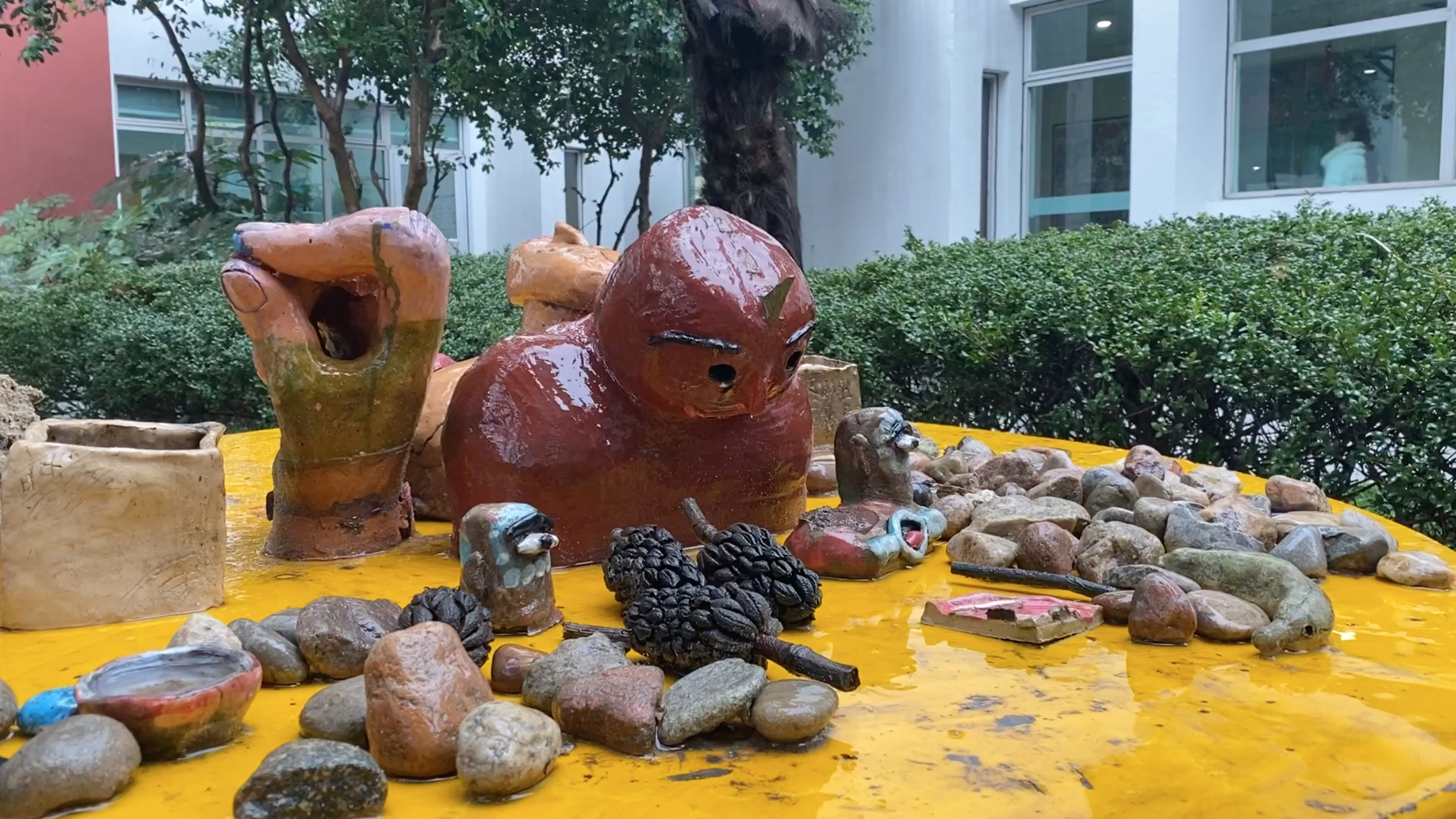
Anxious Feelings and Messy Play Therapy in the Secondary School Setting
As a secondary school counsellor, it is usual for young people to explore their feelings of anxiety with me. Here are some of the things that young people are currently saying make them worry:
- Being viewed in a negative light by peers and adults, and seeking approval
- Grades and getting ‘back on track’ having missed schooling
- Tackling and managing the homework load
- Lack of time and feeling “over-programmed”
- Family difficulties
- The future, specifically their place in the future and the speculation of what a post-COVID future looks like
Anxious feelings (different from an anxiety disorder) in the young people I currently work with are expressed in many ways. They can look like anger, sadness, grumpiness, self-doubt, or even a bad mood that cannot seem to shift. Heavy emotions like these are a normal part of adolescence as young people are still developing emotional regulation. Most of the time, these overwhelming emotions will come and go, and the students bounce back happily and go on with their day (UNICEF, 2017).
This month, in our counselling service’s Lunch Groups, we have been exploring mindful and sensory activities to support the regulation of emotions and ‘re-centering’. When students enter the counselling room with feelings of worry, upset, or rage, I have been offering messy play tray activities as a transition to a state of play. Those who take part have described activities as ‘brain breaks’. We have spent lunch breaks immersed and engaged in messy play activities including sand play, water play, scented dough, and spiced slime.
Having previously worked therapeutically with younger students in this way, I have experienced how messy play activities are an effective vehicle in moving children out of an unhelpful mood, stopping a cycle of worry, connecting positively with the school environment or moving from anger to a place of better regulation. Immersive activities have helped younger children transition from feeling upset or worried to a ‘flow state’. Being in a state of flow means being completely absorbed in an activity for its own sake. It is when you are immersed in the present moment without even thinking about it (Headspace, 2020).
Flow states occur when one is deeply absorbed in play. New things are discovered, explorations increased, and students begin to work through stressors they may feel. The messy play experience is therapeutic.
This month’s secondary students have sometimes needed a little help when it comes to play. They are out of practice when it comes to this kind of non-directive, open-ended process. But once engaged, I am inspired to see how messy and mindful activities like this can enable older children to get back into their flow state!
My practice is science-based and research driven, but I ‘feel’ its effectiveness as messy play makes space for nurturing personal relationships and emotional connections to grow.
This kind of open-ended play can be disregarded by adults, particularly for older children. However, I believe play is profound for all people’s growth, is crucial to their creativity and builds the foundations for lifelong learning.
Messy play is a route to neurological development and is an effective way to build socially resilient and cognitively flexible brains (Pamela Cantor, 2019).
As a counsellor, I see one of my roles as building supportive relationships and encouraging young people to open up through the language of play. I can often assess situations by observing how students interact and engage in play activities.
Counselling sessions, like all learning, are a journey. Messy play enables students to enjoy that journey. An uplifting environment is important to the learning process. I want my guests to feel heard, safe and supported.
Playing in this way can be an opportunity for children and adolescents to learn about the world and their place in it. I have experienced it being particularly effective in settings where the community is transient and internationally, linguistically and culturally diverse – as it sets the stage for forging connections swiftly and aids youngsters’ ability to playfully interact, negotiate, and compromise with others.
Feedback from students:
“After lunch club I feel less angry and more calm when I go back to class”
“I look forward to lunch club every week – it’s a great way to discuss my concerns”
“I get along better with my friend after playing messily and having fun”
“I feel fresh after playing ready to go into class”
“I love the way the room smells!”
Students tell me they previously had not chosen this kind of messy play, but are now seeking and are aware of opportunities outside of the counselling room.
One student told me “it balances my digital play – my parents were surprised when I wanted to make playdough but were happy as I was not just having screen time”.
The coronavirus outbreak has caused major disruptions to daily life and children are feeling these changes deeply. While the return to school appears not only welcome but exciting for many students, there are times when others are feeling anxious or frightened. Students are also feeling the effects of being separated from friends in other grade levels, being taught in spaces not usually assigned as classrooms, wearing masks (often an uncomfortable option for adolescent skin) and restricted places to play.
Because of this, a relatively high number of students (who wouldn’t normally be seen by a counsellor) are presenting with transient anxiety issues. The messy play activities seem the most effective way to deal with these. They offer a space where students can engage in creative activities, that help them express and communicate any negative feelings they may be experiencing in a safe and supportive environment. This helps students find positive ways to express difficult feelings.
It provides a space where calm and proactive conversations occur. I am able to check in with them to see how they are doing. Their emotions will change regularly and it’s important they know that this is okay.
Our secondary messy play sessions are still early on in their development, but with my years of experience in developing unstructured and creative programmes for younger students, I hope to continue to build on this, in evolving messy play therapy for older children/young adults and even staff in the setting!
Lunch groups are a fun opportunity for students to meet with friends (currently in the same grade level bubble) and receive support in a small group setting while eating lunch. Lunch groups give the students an opportunity to check in with the school counsellor and their peers on a weekly basis.
Some topics of lunch groups may include making friends, supporting social skills, managing conflict, solving problems and more.
Lunch groups are hosted in the counselling office and in outdoor spaces on school grounds. Currently students meet with peers of the same grade level and bubble.
Sources:
Pamela Cantor, D. O. (2019). Malleability, plasticity, and individuality: How children learn and develop in context. Journal of Applied Developmental Science, 23(4), https://doi.org/10.1080/10888691.2017.1398649.
UNICEF. (2017). The Adolescent Brain: A second window of opportunity. Florence, Italy.
What is a flow state and what are its benefits? (n.d.). Retrieved from Headspace: (2020) https://www.headspace.com/articles/flow-state
World Health Organisation. (2020). COVID-19: Resources for Adolescents and Youth. Retrieved from World Health Organisation: https://www.who.int/maternal_child_adolescent/links/covid-19-mncah-resources-adolescents-and-youth/en/
Emmeline Barnes (Ms Emma)
